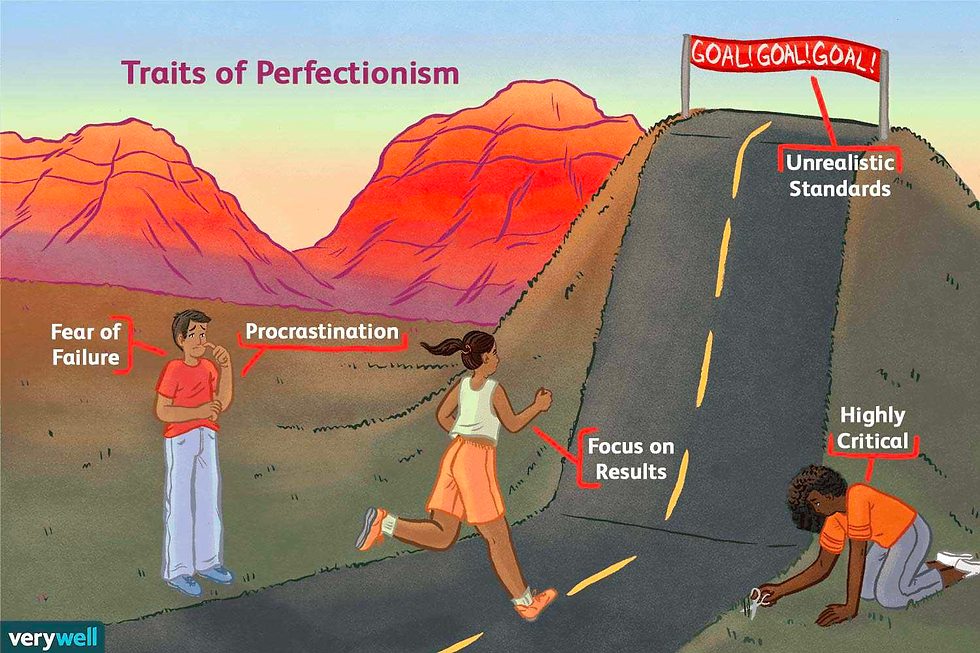Why is it Easier to Make Bad Decisions as Part of a Group?
- irhsridgereport
- Mar 4, 2023
- 4 min read
Alice Hong
Take a good look at the line on the very left, labeled X. Of the other lines, labeled A, B, or C, which one appears to be the same length as line X?

To most people, it would appear to be line B. This isn’t a trick question; there aren’t any optical illusions at play here. But if everyone else believed that the answer was line A, would you try to point out that it’s obviously the wrong answer? Or would you say you believe it too to agree with everyone and avoid sticking out like a sore thumb?
Big deal, it’s just a couple of lines, you might be thinking. No one really cares what you think the correct answer to some random question is. But let’s change up the situation a little. What if everyone else believed that a woman that lives in your neighborhood was secretly a witch and wanted her to be tried and punished for her supposed witchcraft? Would you believe the same as everyone else who’s pointing fingers, despite there not being any tangible proof of her practicing witchcraft?
Experiments like Asch’s study on conformity (the lines question at the beginning) and historical events like the Salem Witch Trials mentioned above can show how an individual’s thinking and behaviour can differ drastically when they’re around other people. When you’re part of a crowd, it might be easier to feel heightened, exaggerated emotions and make decisions you normally wouldn’t if you were by yourself. So why exactly does this happen?
Conformity and Acceptance
At the end of the day, we all have an innate desire to fit in. After all, even the most individualistic and confident people don’t want to be ostracized, laughed at, and isolated from everyone else, so we all try to conform in some way. Our desire to be accepted, validated, and liked by other people is a powerful one, which can lead us to change the way we act and what we believe to fit in with other people, especially those we like, admire or fear. For example, how many times have you agreed with your crush’s or your work supervisor’s opinion on something, even though you thought differently?
Usually, this tendency to conform to what everyone else is doing isn’t necessarily a terrible thing. It gives us a sense of belonging and security, and these things can be harder to find for people who are seen as unusual or “weird” by everyone else. It’s inevitable for everyone, including you, to play into this phenomenon in some way.
When It Starts Getting Bad
Our tendency to conform becomes a problem when we start to lose our self-awareness and sense of identity and get swept along with the crowd, sometimes leading to dangerous situations. This is known as mob mentality.
When you experience deindividuation, you become less self-aware because it’s easier to feel anonymous when you’re part of a group. That can make you feel heightened emotions, resulting in impulsive decision-making and a disregard for consequences. If you think you’re less likely to be singled out and judged for your actions, you’ll be more likely to do things that might be questionable because of the perception that the entire group is responsible for their actions, not just you. Plus, if everyone else is doing those things, you’ll feel more comfortable following because we tend to feel accepted and validated. Since everyone else is doing it, they’re going to agree with you and won’t judge you if you also do them, right?
It can be even easier to fall into the trap of mob mentality if you have a charming or intimidating leader or a small group of people making decisions, as shown by how cults carefully manipulate vulnerable people into joining their group. People become afraid to disagree with the group, scared that they’ll be judged and invalidated by everyone else, so they force themselves to conform and swallow their individual opinions. Eventually, they’ll find it easier to follow along with the group's decisions, which can quickly escalate into doing things they never thought they would do.
How to avoid mob mentality
Cults, cancel culture, and sporting events gone wrong have all shown examples of this powerful phenomenon with drastic results for the people involved. Our desire to find acceptance by conforming can be used against us if we’re not careful, so it’s important to stay self-aware when you’re with a big group and can feel things escalating. Stay informed about what’s happening around you and be respectful to people who disagree with the group, letting them know that their opinion still matters. If a group gives its members the chance to share their honest thoughts and is willing to hear them out, it’s less likely for everyone to feel compelled to impulsively agree with everyone.
Moreover, remember that everyone is responsible for their own actions. Even if you feel like you can get away with something because you can hide as part of a group, ask yourself if you would do the same thing when alone to avoid behaving in ways you’ll come to regret later. After all, feeling temporarily accepted and validated by a group won’t undo the potential damage of your actions towards others.



YEAH ALICER